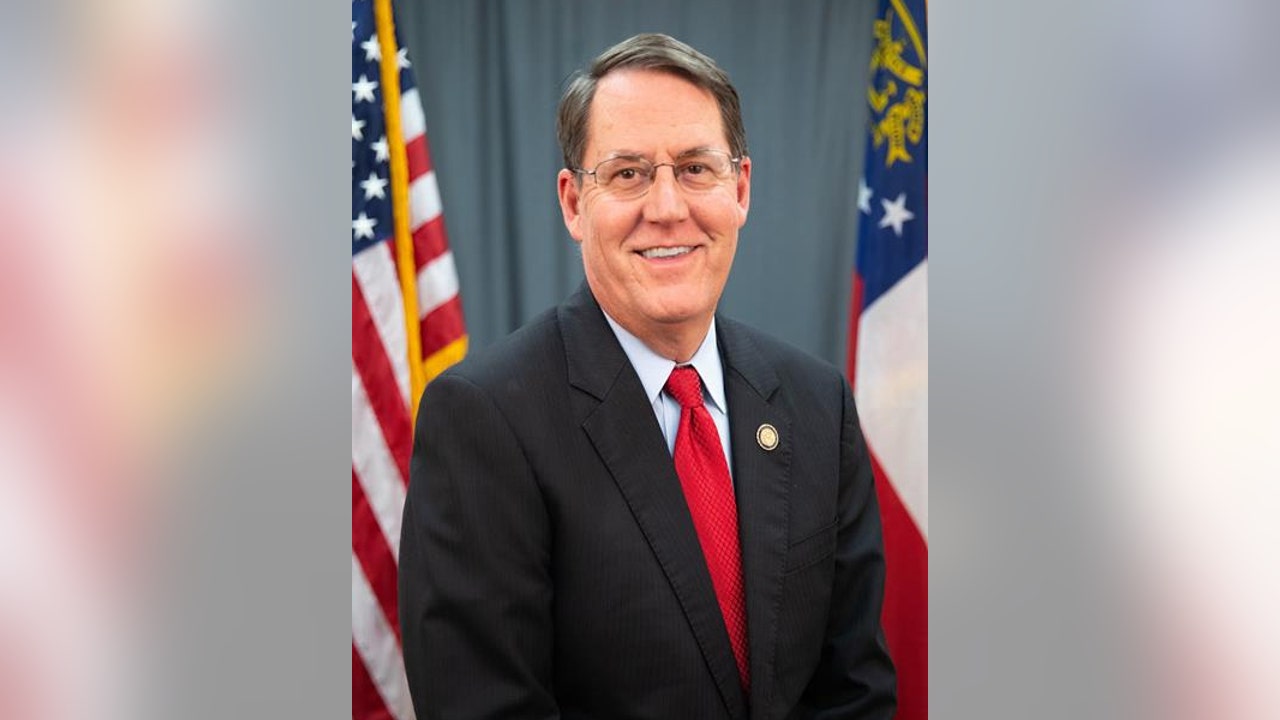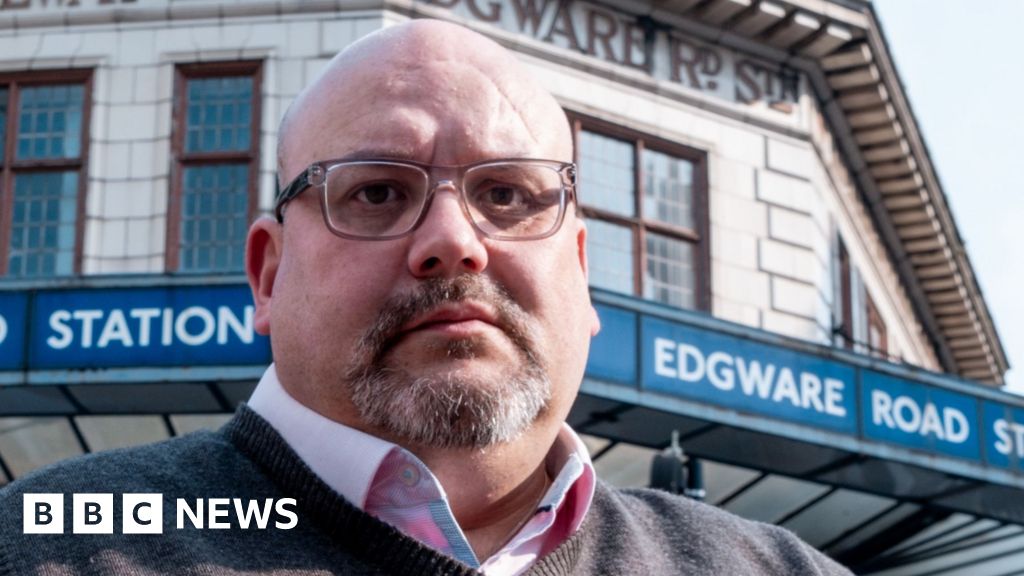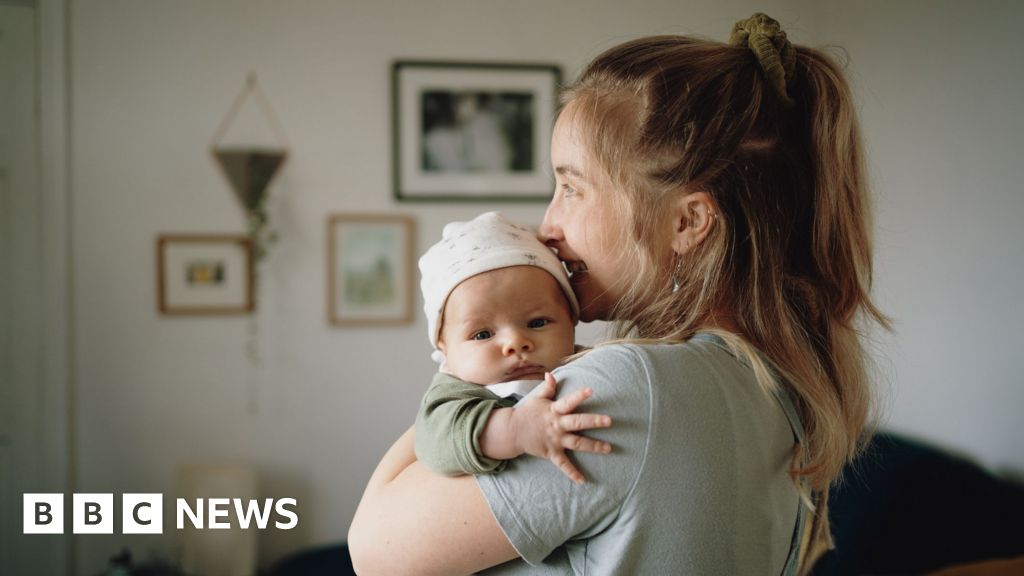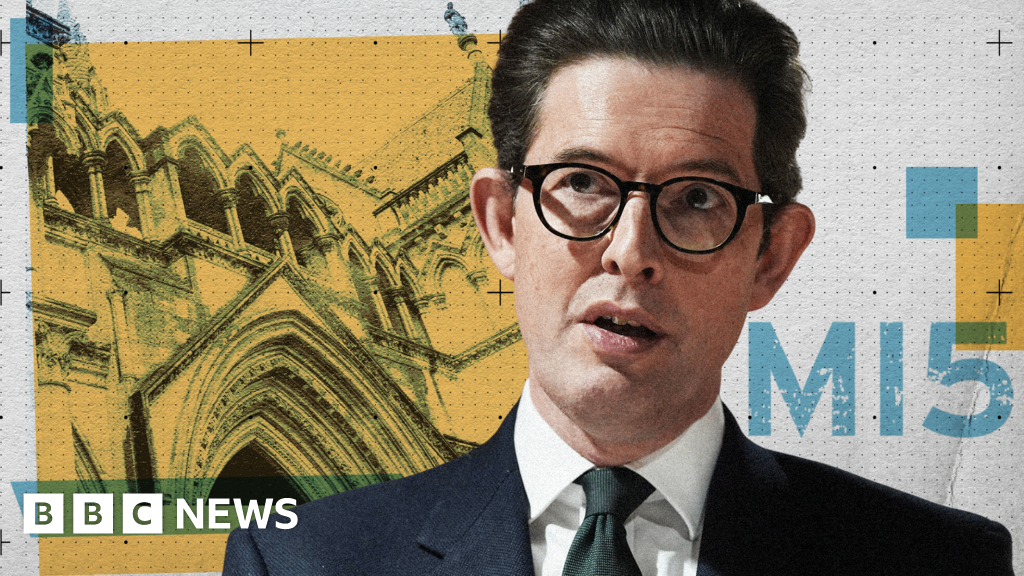10 Questions with… Debbie Craig, incoming dean of the College of Health.
What drew you to Oregon State?
I have a dear friend who has worked at OSU for more than a decade, have visited Corvallis and the campus often and absolutely love the area. I greatly value the land grant university designation, because helping serve our communities is a passion of mine, whether that is through service programs, research projects or providing education where and when needed.
You started out doing clinical work in NCAA Division I institutions. What precipitated the switch to leadership roles?
I was a clinical athletic trainer for more than a decade and began to want a new challenge. I realized that watching my athletic training students have those epiphany learning moments – where the book knowledge they just learned was implemented into their clinical work – was the favorite part of my clinical job. Thus, I decided to pursue my Ph.D. in higher education leadership so that I could work in academia while still working within my passion for athletic training. I eventually assumed an associate dean role in the College of Health and Human Services at Northern Arizona University and later a dean position at the University of Alaska Anchorage. I am honored to now lead OSU’s College of Health.
What makes you passionate about higher education?
I love learning. And I love helping other people learn, which does not always mean being the teacher. It’s also in creating and managing programs and opportunities that open gateways for students to follow their own passions toward a fulfilling career. Higher education is one pathway for people to gain the knowledge and skills needed to have a fulfilling life.
Given the current political climate around health equity, what gives you hope?
The current political climate is indeed challenging. At the same time, every human ages and typically has health issues along the way. Those issues affect all humans, regardless of their political affiliation. The past decade showed an increased focus on health equity in an effort to eradicate health disparities in specific populations, but I fear much of that work is now stalled. I am hopeful that the cuts we have wrestled with over the first half of this year will shift toward a thoughtful process moving forward so that many of our programs that address health equity issues will continue.
What advice would you give the younger version of yourself who was just starting college?
A couple of things come to mind. First, it’s OK to shift paths in college when you learn about a new path that resonates more strongly with you. Most college students change their major at least once – so don’t be self-critical about that. Seize the opportunity as early as you are aware of a different passion. Second, take the time to find mentors within your field while you’re still in college. Your faculty can help make those connections for you, and those professional mentoring opportunities can open significant doors after graduation.
How do you think OSU can contribute to the national conversation about integrated health, biotechnology and health equity?
The national landscape around health right now is rather unsteady, given the federal cuts and especially with the shift in leadership in the federal Department of Health and Human Services. Many integrated health initiatives have been halted. However, there are other projects that do not rely on federal funds that are continuing. That is the space where OSU can continue to thrive and gain momentum. The topic of artificial intelligence in healthcare is a focus of significant research internationally. And with OSU gaining a new super computer soon, the area of AI in health will be a way for OSU to become a frontrunner in that international research space. AI not only will allow much more efficient integration of health practices but also can address issues of health equity by expanding service areas of health specialists into our most rural and underserved areas. This is an exciting opportunity for OSU and the research we pursue in the College of Health.
What was your favorite course in college?
Human anatomy. I loved learning how our bodies work.
How do you define the College of Health’s core purpose/role, both within OSU as a university and within the broader landscape of healthcare and healthy communities?
The OSU College of Health’s vision is to help ensure that every person, family and community in Oregon, the nation and world experiences lifelong health and well-being. Our OSU Extension programs in health serve communities in every county in Oregon, as do our research projects, which extend far beyond Oregon’s border, including our Botswana Global Health Initiative. Our research centers serve the OSU community and others across our state. And our students have the vision and knowledge to support healthy communities in every region of the world.
After years in Alaska, what most excites you about living in Oregon?
The ability to hike anywhere without fearing a grizzly bear or moose attack. I’m a lifelong hiker and backpacker and love to be out in nature, preferably without the threat of being eaten.
What is your favorite non-academic pursuit or passion?
Hiking and putzing around my garden, visiting the coast and connecting with family and friends.









 English (US) ·
English (US) ·